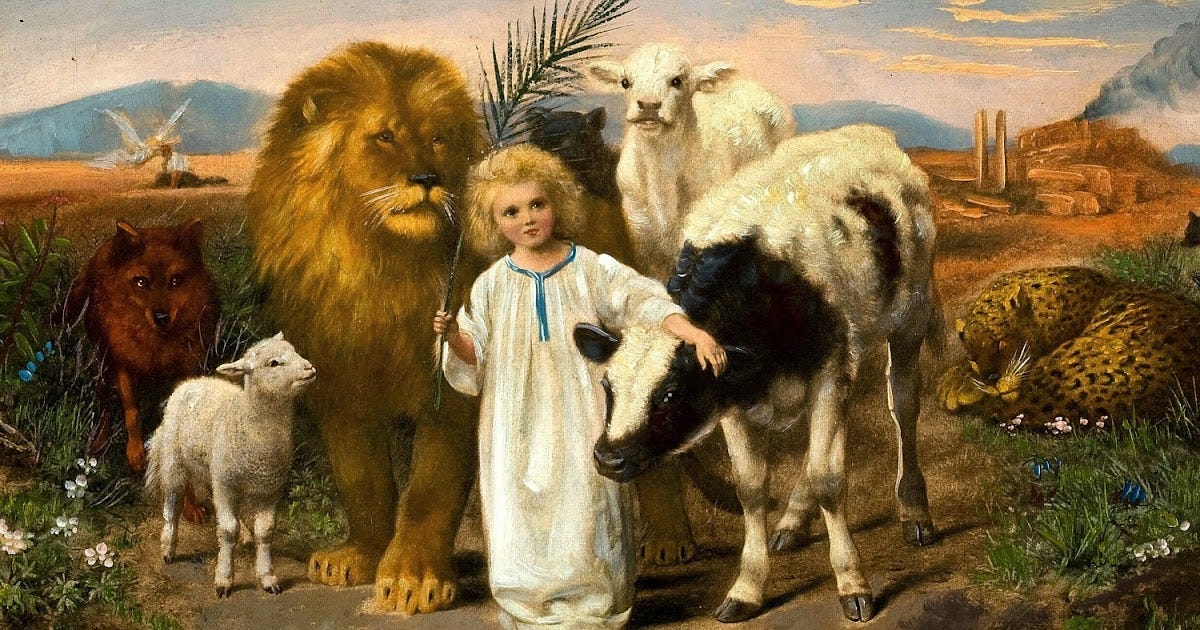.
I had a realization the other day while driving in Utah. I figured out something that’s been troubling me about Trump’s 2024 vote, particularly how he cleans up with low-information voters. To explain this, I’ll need to return to 2015. But before that, let’s go all the way back to 1987.
I’m a tween and I hear about Trump for the first time. I think he was in some toolonglist of potential presidential candidates published by a for-the-classroom newspaper, but I would have been more aware of him because I always read the bestseller lists and Art of the Deal was all over that baby.
I wasn’t a voter, but I was certainly low-information. This was all I had on him. And yet I developed a deep dislike of him. Nothing I saw or heard or read in the decades that followed changed my initial impression.
In February 2016, I wrote an essay about all the presidential elections of my lifetime. It got locked up in an opaque editorial process and, by the time it emerged unpublished, it was worthless because I had not seriously considered that Trump might be a possibility in the essay’s finale, the upcoming election.
Needless to say, before November 2016 rolled around, Trump was a possibility, hard as it still was for me to believe.
But I was also heavily biased against Hillary Clinton. This wasn’t because of some childhood instinct, however; this was because I spent most of the Clinton years in Tehachapi, California. In the 1992 mock election my high school held, Bill Clinton was a distant third behind Bush and Perot. It was that kind of town. And so you can imagine the Hillary rhetoric I was surrounded by.
But here came 2016 and those were my choices.
(Aside: My 2000 vote for Nader still haunts me ever so slightly. No way I could consider a third party in 2016.)
I was not raised to particular party loyalty. Although I vote mostly Democrat these days, I always hold the door open. So being a twice-Obama voter didn’t guarantee a vote for Hillary Clinton.
Thus, as a high-information voter, I started researching Trump and Clinton. Big time. All summer and fall I read everything. And the more I read, the more I realized how unfairly I had judged Ms Clinton. She was actually a decent human being and a moral politician.
And the more I realized how correctly Lil Tween Me had judged Mr Trump.
The man is a monster.
This summer, in the one political conversation I had with family, I was told Trump isn’t all that bad, not really, because once he pulled over to help someone who had car troubles and without them knowing who he was he paid for—
Hang on. That story’s about Frank Sinatra. Or Sammy Davis, Jr. Or Nat King Cole. Or Elvis Presley. Or Mrs Nat King Cole. I’ve heard this story a dozen times. It is, in a phrase, a folk tale. It never happened. Certainly, if it did happen, it wasn’t one Donald Trump starting the trend.
Anyway, my point is: as a low-information person I knew Trump was bad news. As a child, I knew. Lady Steed made the same decision around the same time thanks to an episode of Lifestyles of the Rich and Famous. I suspect, if kids were the only voters in 2024, Trump would have lost. Kids ain’t fools.
And this is what’s so upsetting. Low-information voters broke for Trump—and in a big way?
Why?
How?
And what does this say about us?
It makes me wonder if Mosiah was talking about low-information voters when he observed,
“It is not common that the voice of the people desires anything contrary to that which is right; but it is common for the lesser part of the people to desire that which is not right; therefore this shall ye observe and make it your law—to do your business by the voice of the people.”
Maybe the majority has always been poorly read and easily swayed. If so, bad news for us in 2025, because that means we might get presidents based not on available information but on the American character—and that character, at present, may not be like a child’s.
Which should worry us because of what Mosiah said next:
“And if the time comes that the voice of the people choose iniquity, then is the time that the judgments of God will come upon you; yea, then is the time he will visit you with great destruction even as he has hitherto visited this land.”
I don’t know how to solve the low-information problem.
I don’t know how to solve the character problem.
But if low-information voters represent who we really are—and mightn’t they?—then we are in real trouble.
.png)

No comments:
Post a Comment